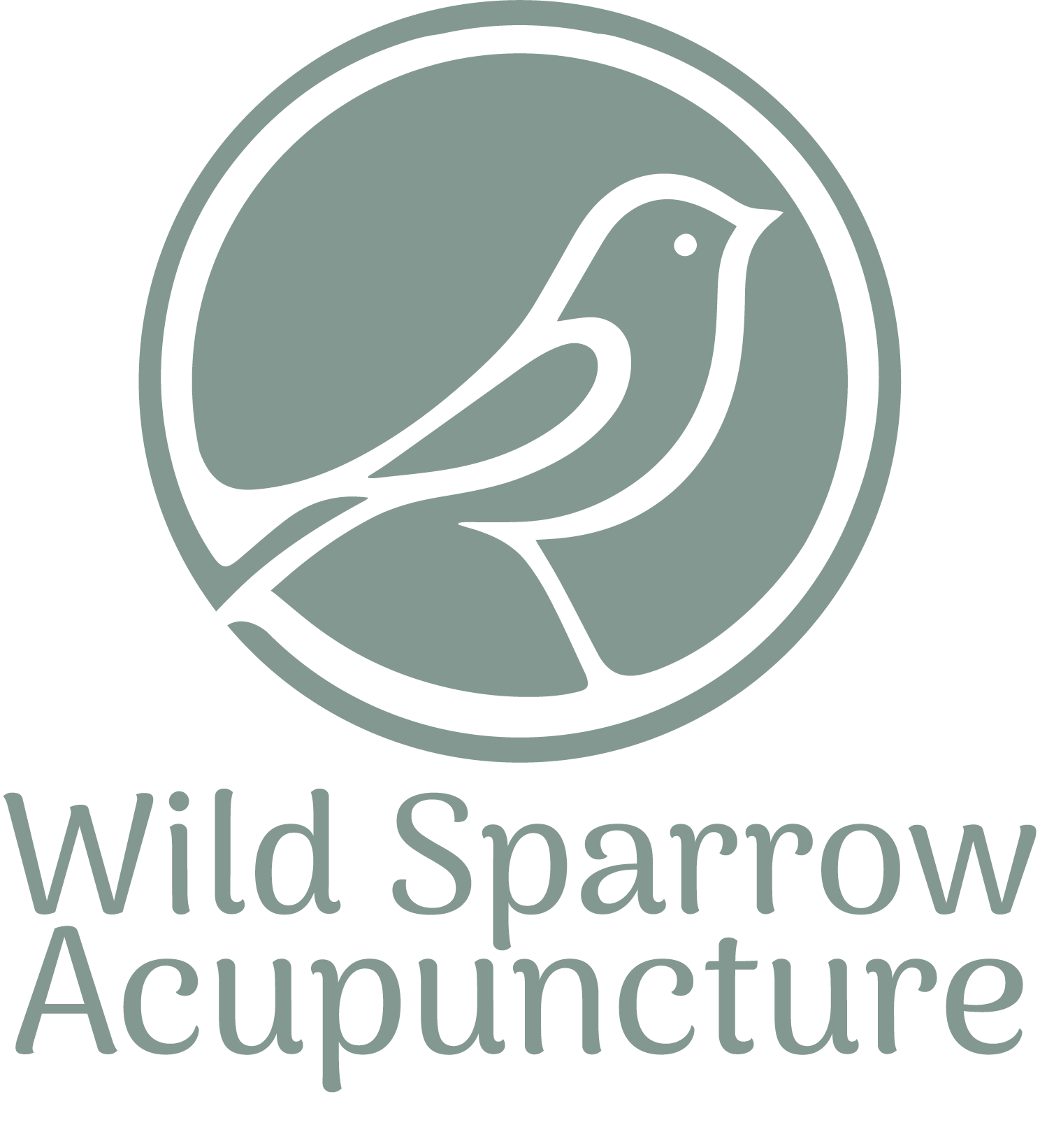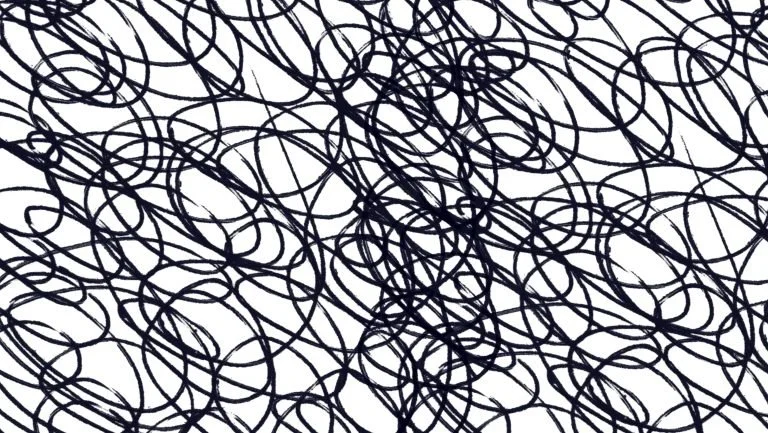Healing Beyond Scars: How Acupuncture Supports Post-Surgery Recovery
For those undergoing gender-affirming surgery, c-sections or other major surgery, healing often involves more than waiting for scars to fade. It’s about regaining comfort and connection with your body which scar tissue can get in the way of. Acupuncture offers a gentle, holistic approach to managing these challenges. Here’s how it works and why it might be a good option for your recovery.
What Causes Scar Tissue After Surgery?
Scar tissue forms as part of the body’s natural wound-healing process. In new or recent scars, the body produces fibroblasts, cells that create collagen fibers. Over time, these fibers become denser, creating the thicker tissue seen in older scars.
Stage one: Haemostasis
Blood rushes to the site of the wound and clotting occurs, stopping the bleed. This process begins immediately.
Stage two: Inflammation
Once haemostasis is achieved (usually within a few minutes) cells are sent to repair the wound. The wound heats up, pain increases, redness spreads. This can persist up to around day four.
Stage three: Proliferation
The tissue around the wound contracts, drawing the wound smaller and closing the skin. This usually occurs from around day four up to day 21.
Stage four: Remodelling
After around 21 days, the deeper structures begin to form, giving the wound tensile strength. This process can continue for around two years. It’s during this time that problems with the scar can occur and leave you with more severe scarring in the longer term.
Healing can leave behind thickened tissue that feels tight or limits movement. For some, scar tissue can be a frustrating or even painful reminder of the healing process. Acupuncture offers a way to address these physical challenges. It works by supporting the body’s ability to repair itself and improves circulation around the scar. Over time, this can reduce the thickness of scar tissue, ease any lingering discomfort and increase tissue mobility.
How Does Scar Tissue Affect the Body?
Scar tissue can create adhesions between layers of skin, muscle, and connective tissue (fascia). These adhesions disrupt normal circulation and nerve function in and around the scar, potentially leading to dysfunction in the surrounding tissues. Research has shown that chronically painful scars tend to have a higher concentration of nociceptive fibers, nerve fibers that transmit pain signals.
Thicker scars may also activate sensory receptors, known as mechanosensitive receptors, when exposed to movement or pressure. This activation might cause discomfort or pain depending on the intensity of the stimulus and the scar’s characteristics.
When these sensory receptors are triggered, they can prompt the body to release neuropeptides. Neuropeptides are molecules that nerves use to communicate about their environment. This process can further stimulate pain receptors, setting off a chemical chain reaction that causes inflammation in the scar tissue. This inflammation can slow healing and make recovery more difficult.
Treating scar tissue early can support better scar healing and reduce the risk of prolonged discomfort or dysfunction.
How Acupuncture Helps with Scar Tissue Healing
Acupuncture has been used for thousands of years to improve circulation, reduce inflammation, and relieve pain. These benefits are particularly valuable when it comes to post-surgical scar healing. Here’s how it works:
Boosts Circulation: By stimulating specific acupuncture points, blood flow is improved in surrounding tissue. Better circulation helps deliver nutrients and oxygen to the area, which promotes tissue regeneration and reduces scar thickness.
Eases Pain and Tightness: Acupuncture can break up adhesions and relax surrounding tissues, alleviating discomfort caused by tight or restrictive scars.
Reduces Inflammation: Post-surgical swelling and inflammation can make healing slower and more uncomfortable. Acupuncture helps calm the body’s inflammatory response, speeding up recovery.
Supports Emotional Well-Being: Surgery can be emotionally overwhelming. Acupuncture supports mental health and helps the body cope with stress, anxiety, depression, changes in mood and sleep problems.
Take the Next Step in Your Healing Journey
The best time to begin acupuncture for scar tissue healing varies depending on your surgery and personal recovery timeline. Starting acupuncture sooner rather than later can help minimize scar formation and improve long-term healing, your surgeon will be able to advise you around this. In addition to acupuncture, scar tissue benefits from manual work that mobilizes the tissue.
If you’re ready to explore acupuncture for scar healing, book in for an appointment. Your journey to healing deserves the best support possible, reach out today.


